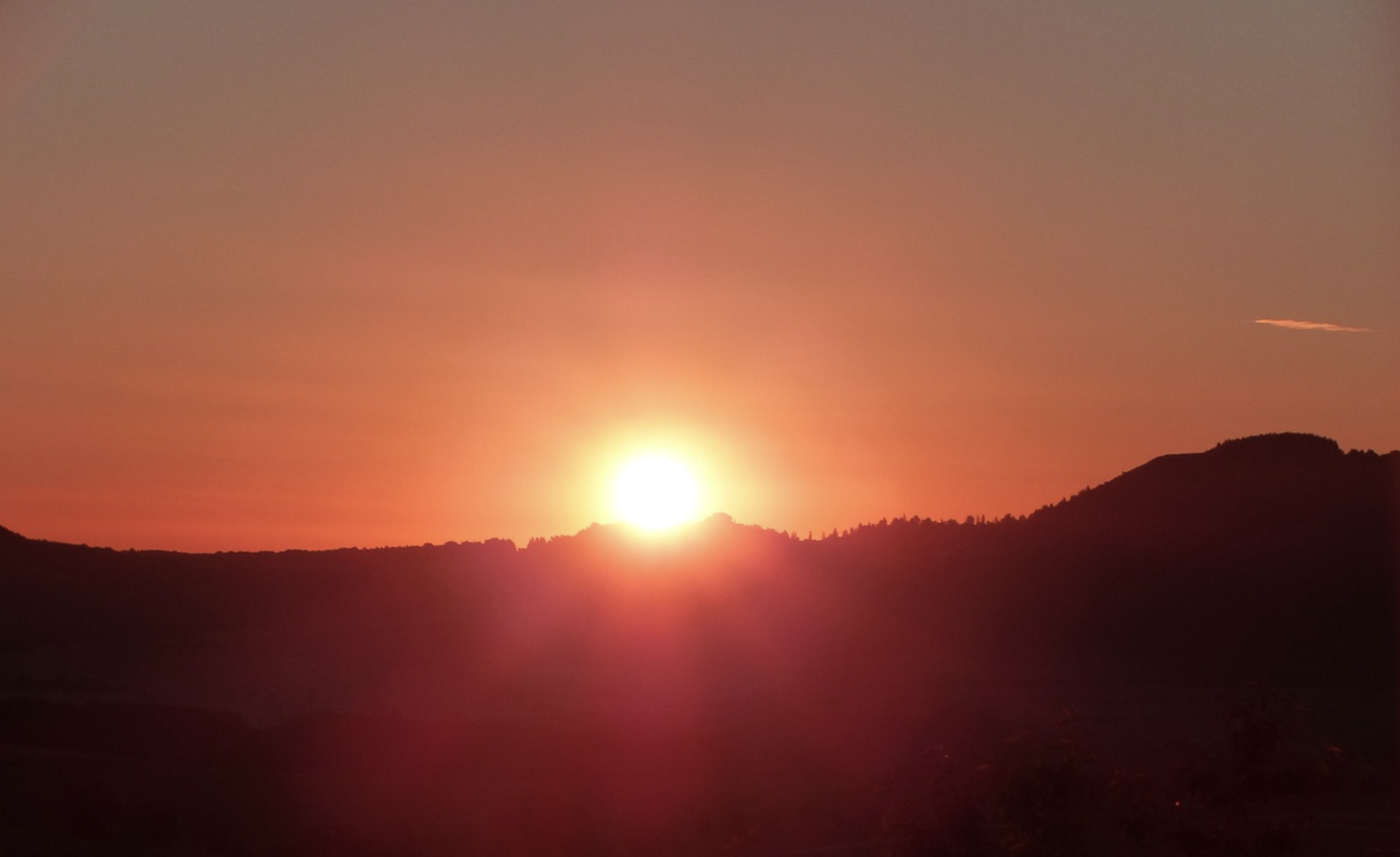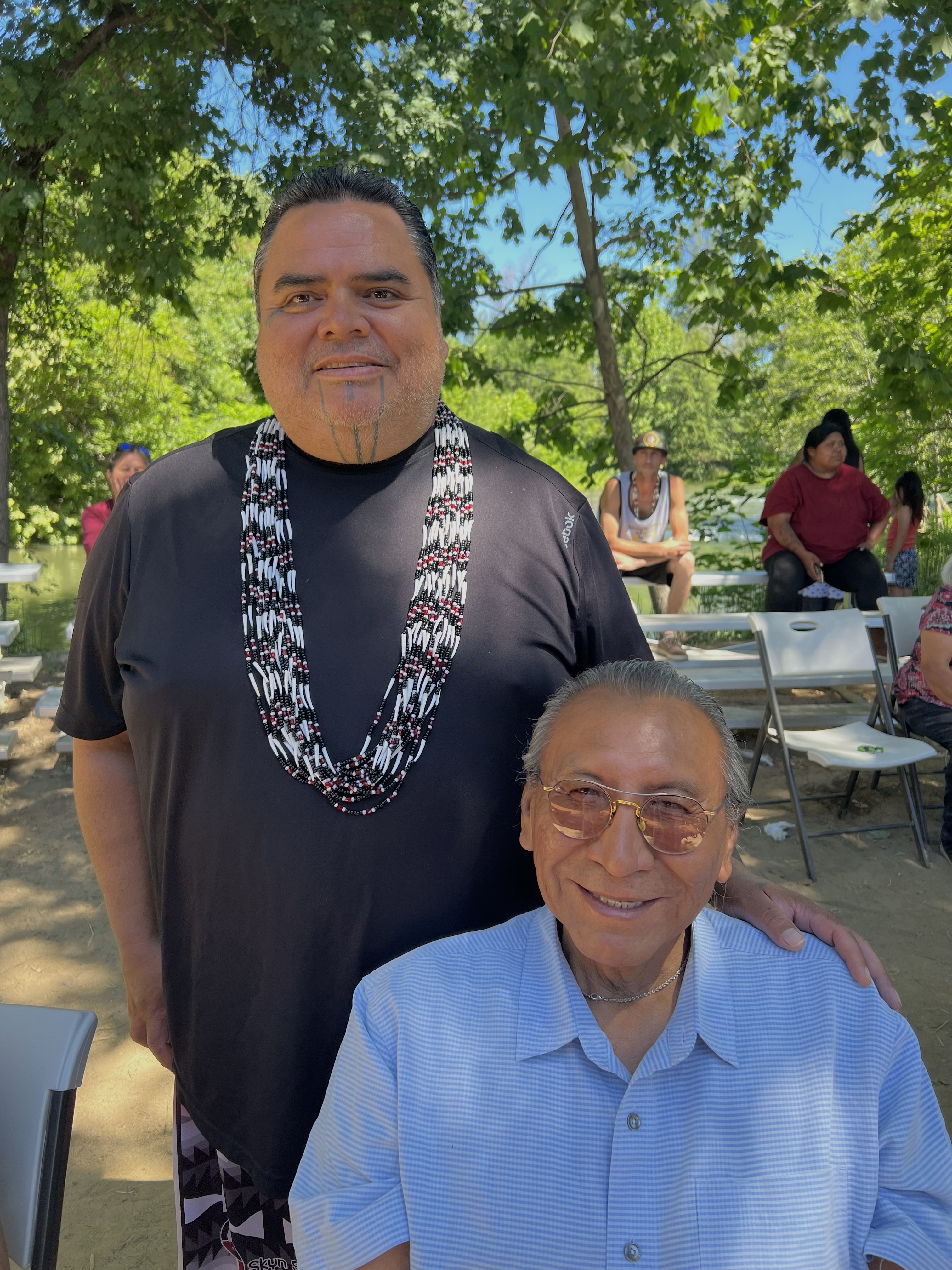
- Details
- By Native News Online Staff
The summer solstice arrives today officially at 9:57 a.m. - EDT. For Native Americans, the summer solstice means more than trips to the beach, tall glasses of cold lemonade, and fresh watermelon. For centuries, Indigenous people across North America celebrated the summer solstice with ceremonies and prayer. Many Indigenous communities celebrated the first day of summer as a time of renewal.
Some Native Americans are celebrating today, June 21, 2023, as the World Peace and Prayer Day.
Chief Arvol Looking Horse (Lakota) will be hosting a time of prayer with the Winnemem Wintu at the Redding Rancheria

“We would like to get the message to the people of the world, to join us on World Peace and Prayer Day. held every June 21st,” Looking Horse said in a text to Native News Online. “We ask those who cannot join us in person at their sacred sites, as well as their churches, mosques, synagogues, and other places of worship.”
Following protocol, Chief Looking Horse met prior to today’s event with Redding Rancheria Chairman Jack Potter to seek permission to hold the prayer there.
“It is an honor to host such a prestigious gathering as World Peace and Prayer Day. The Wintu people of the Redding Rancheria are honored to be a part of this gathering as a sovereign tribal nation to work with others to allow world peace on such a large scale. We thank Chief Arvol Looking Horse for choosing our tribe to have the event here,”
Other Summer Solstice Events:
- Summer Solstice Celebration at the First Americans Museum
- Summer Solstice Sunrise Program at Chaco Canyon
- Downtown Solstice Festival in Anchorage, AK
Have a safe summer from Native News Online!
More Stories Like This
Native News Weekly (August 25, 2024): D.C. BriefsColusa Indian Energy Participates in Port of Quincy Town Hall on Columbia Basin Power Project
Q&A: Jingle Dress Dancer Answered Call to Ceremony in Face of ICE Violence
Haaland Gets First Hand Look at Efforts to Address Homelessness in Albuquerque
Navajo Nation Secures $285 Million in Federal Broadband Funding to Connect Thousands of Homes
Help us defend tribal sovereignty.
At Native News Online, our mission is rooted in telling the stories that strengthen sovereignty and uplift Indigenous voices — not just at year’s end, but every single day.
Because of your generosity last year, we were able to keep our reporters on the ground in tribal communities, at national gatherings and in the halls of Congress — covering the issues that matter most to Indian Country: sovereignty, culture, education, health and economic opportunity.
That support sustained us through a tough year in 2025. Now, as we look to the year ahead, we need your help right now to ensure warrior journalism remains strong — reporting that defends tribal sovereignty, amplifies Native truth, and holds power accountable.
 The stakes couldn't be higher. Your support keeps Native voices heard, Native stories told and Native sovereignty defended.
The stakes couldn't be higher. Your support keeps Native voices heard, Native stories told and Native sovereignty defended.
Stand with Warrior Journalism today.
Levi Rickert (Potawatomi), Editor & Publisher

